Are you thinking about downsizing – perhaps moving to a smaller home or apartment? Downsizing comes with many benefits, from less upkeep and lower energy bills and maintenance to a lower initial investment.
If you’ve lived in big homes for the last decade, perhaps entertaining guests or housing a large family, there are many reasons for downsizing. Most likely, you just don’t need all the space anymore – you’ve got too many bedrooms and only so much time to clean throughout the day. Or maybe you’re moving to a city, where properties are more expensive, so you’re selling up and starting a new chapter.
Whatever your reason, downsizing can be exciting. It’s a new opportunity, a new space – and you might even be living in an entirely new neighbourhood.
So, this blog post will provide you with our step-by-step guide on how to downsize successfully.
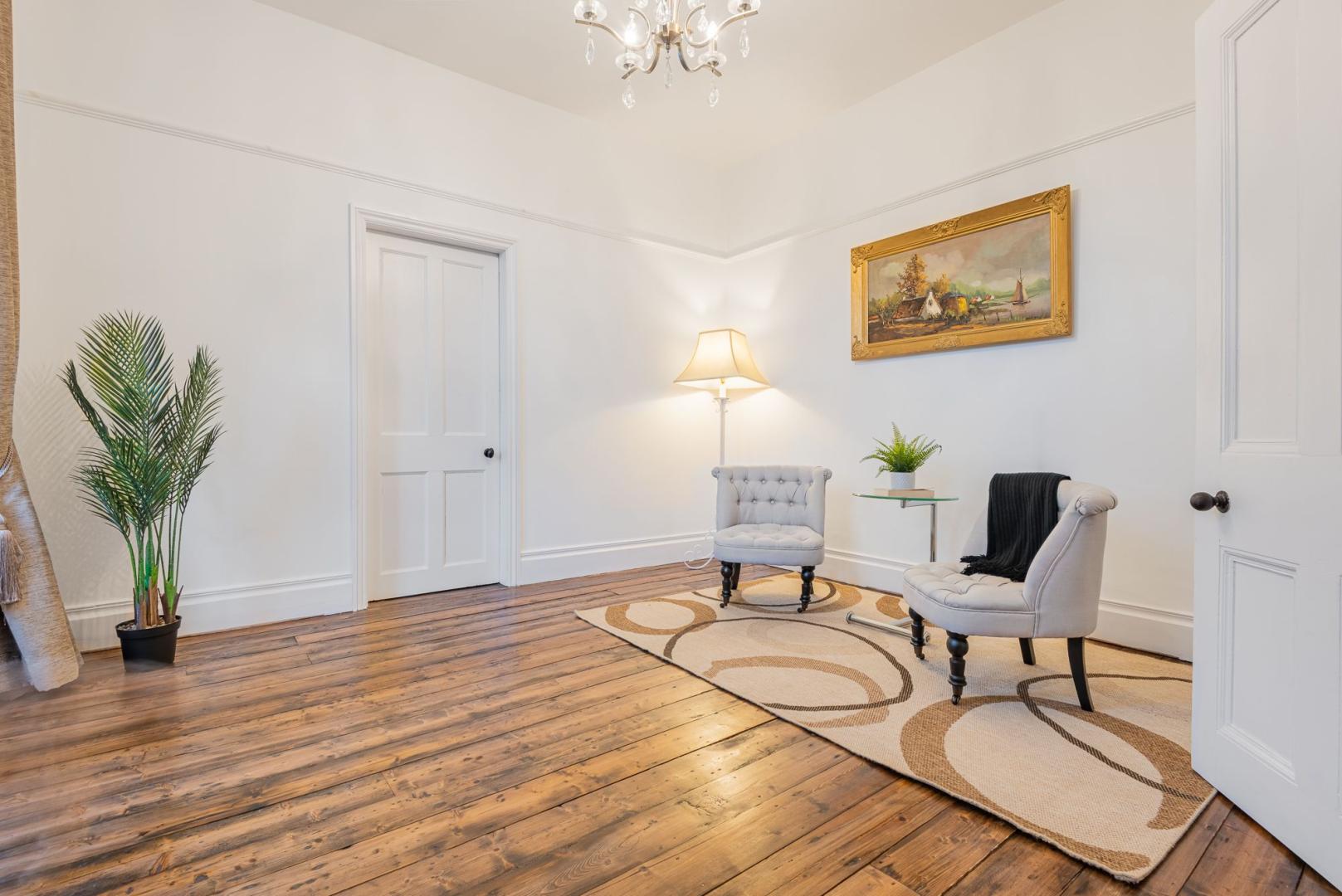
When is the best time to downsize?
Before downsizing, you may ask yourself the following question: is now really the best time?
This is a common objection many people have before downsizing. But if you’ve already thought about it, then chances are, it’s almost time to pack up your things and search for somewhere a little smaller.
Popular times for many people to downsize include retirement, when maintenance of a property becomes more of a burden, and when you’ve got more space than you know what to do with (for example, your children have now moved out and you no longer need the space that was once necessary).

Downsizing your home means downsizing your possessions
There’s nothing quite as therapeutic as decluttering – if you’re downsizing your home, you’ll naturally want to reduce your total number of possessions.
That means opening up the cupboards and sorting through your belongings.
But it doesn’t end there – you’ll also want to decide what furniture you wish to keep and what you intend to either give away or auction.
As a general rule of thumb, it’s best to tackle the bigger items first. For example, this could include selling the larger items of furniture from your spare rooms, then working your way to the smaller items.
Downsizing unneeded rooms first allows you to displace more stuff easily. You’ll also begin to see how much stuff you actually need and what’s extra. And what’s more, you can still use your everyday items in the meantime – they won’t be packed in a box.
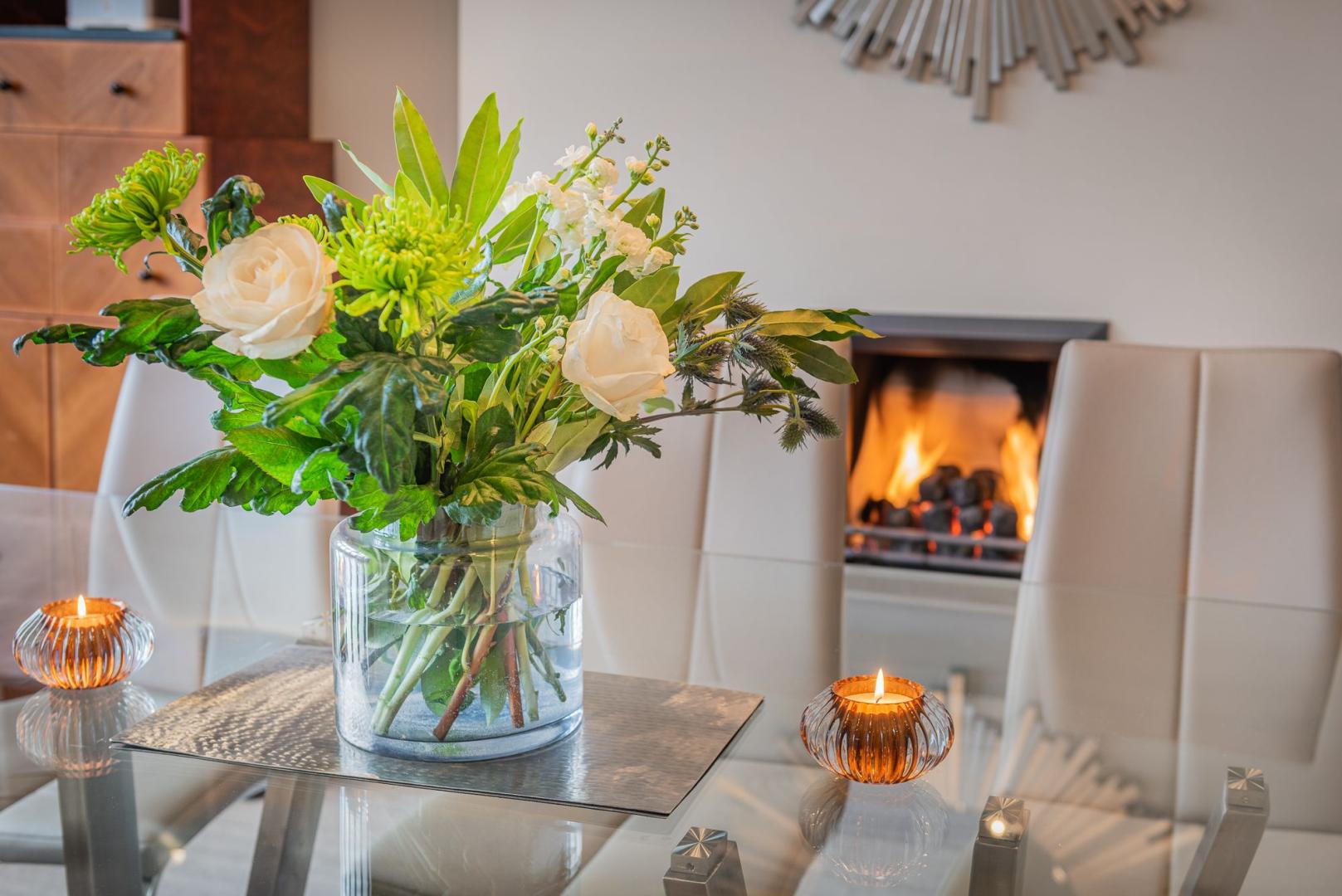
Implement a downsizing system
To make the process of downsizing your home easier, we suggest implementing a system.
For starters, we recommend using the one-year rule. If you haven’t used an item in one year, then chances are you no longer need it.
And for the belongings you no longer need, you have four options: give them away, auction them, give them to charity or bin them.
Often, family members, friends and relatives may feel disinclined to accept your possessions. But it’s always worth asking beforehand! Anyways, more likely than not, you’ll be auctioning them off or giving them to
charity.
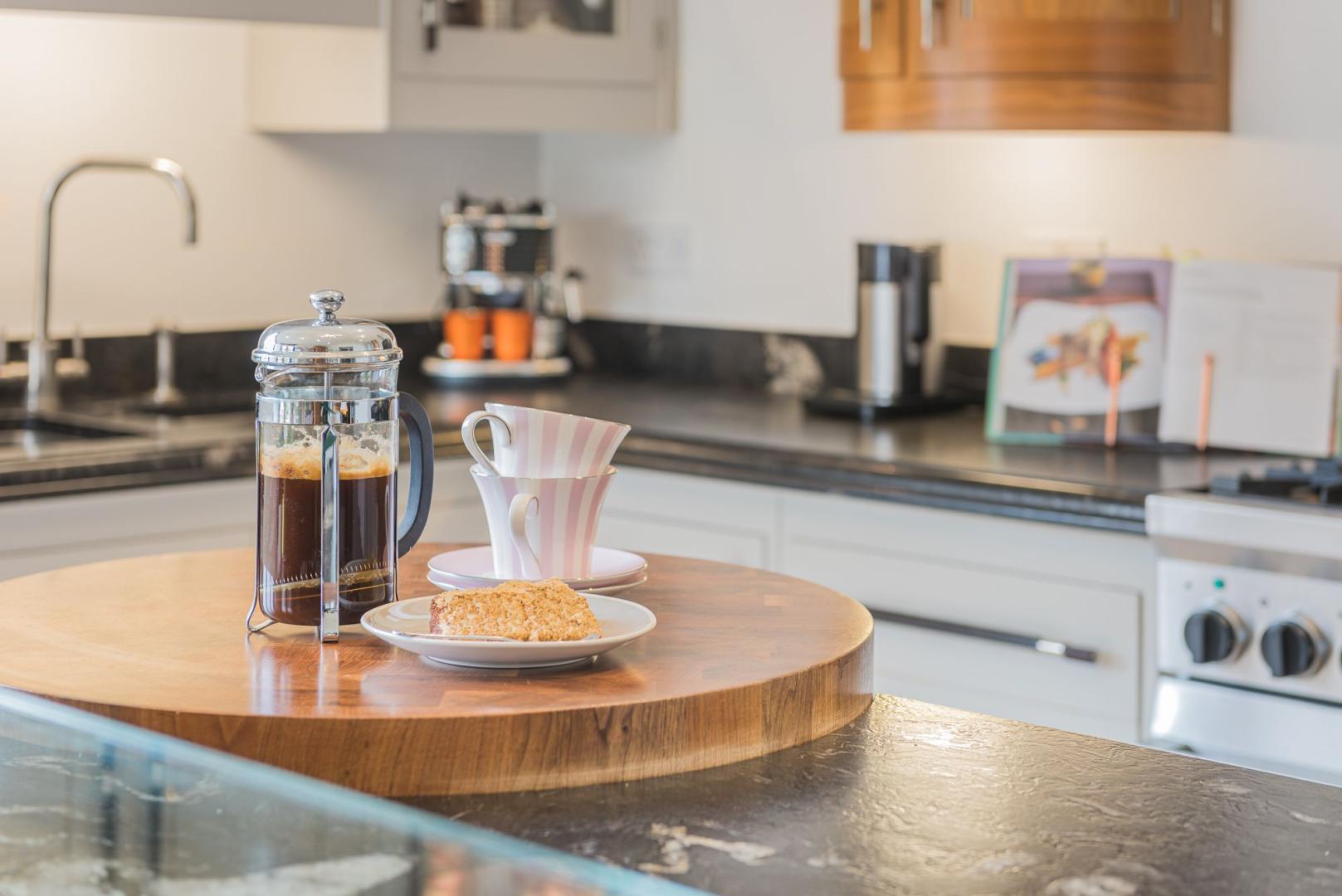
Consider your new lifestyle when downsizing
You’re downsizing your home for a reason, so you should consider your new lifestyle when reducing your possessions.
For example, if moving from a four-bedroom home to an apartment, you may no longer need a lawnmower or other gardening equipment.
Be sensible and only keep what you need, and the downsizing process becomes a lot easier.
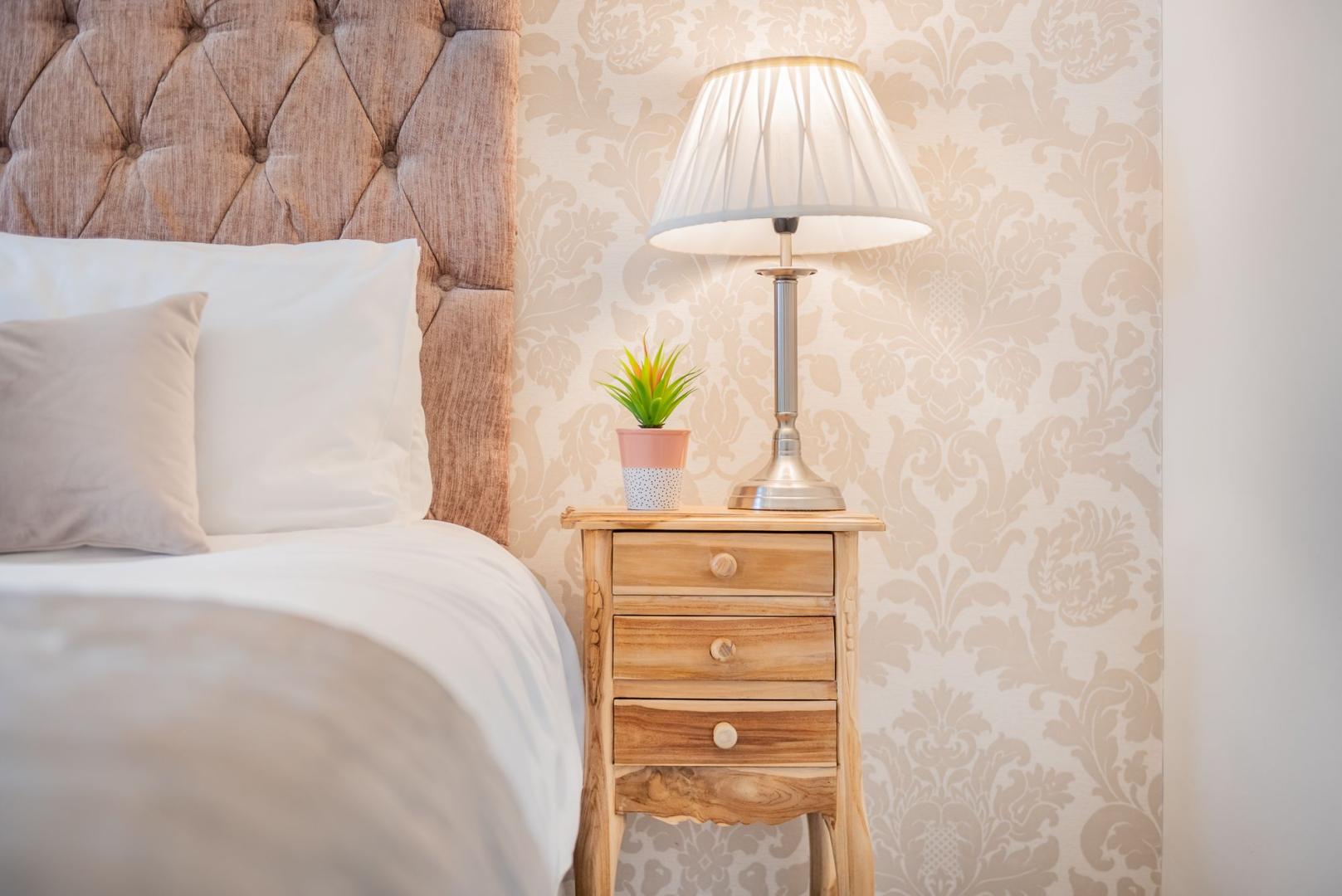
Begin downsizing before you move home, not after
We know how difficult it can be to let go of possessions. But we’d suggest downsizing before you move home, not after.
Not only will you avoid removal costs (or back-and-forth trips), but it allows you to be more realistic about what you need.
You’ll also get to spend the first few nights in your new home more relaxed, not piled up full of boxes, fighting when moving between rooms.
Once you’ve decided you’re downsizing, this is the time to begin reducing your possessions.
It may take you a while to find a new home, so the sooner you start, the easier it will be. You’ll also have plenty of time to plan that leaving party!
Is this your last move?
Another important thing to consider is whether or not this is your last potential move.
If so, you’ll need to plan ahead. What do you really need, and what can you give away or dispose of?
We’re not saying you should throw away memorabilia and family photographs, but there are definitely things you no longer need that you can get rid of to free up more space.
Be realistic about what to keep and what to get rid of.
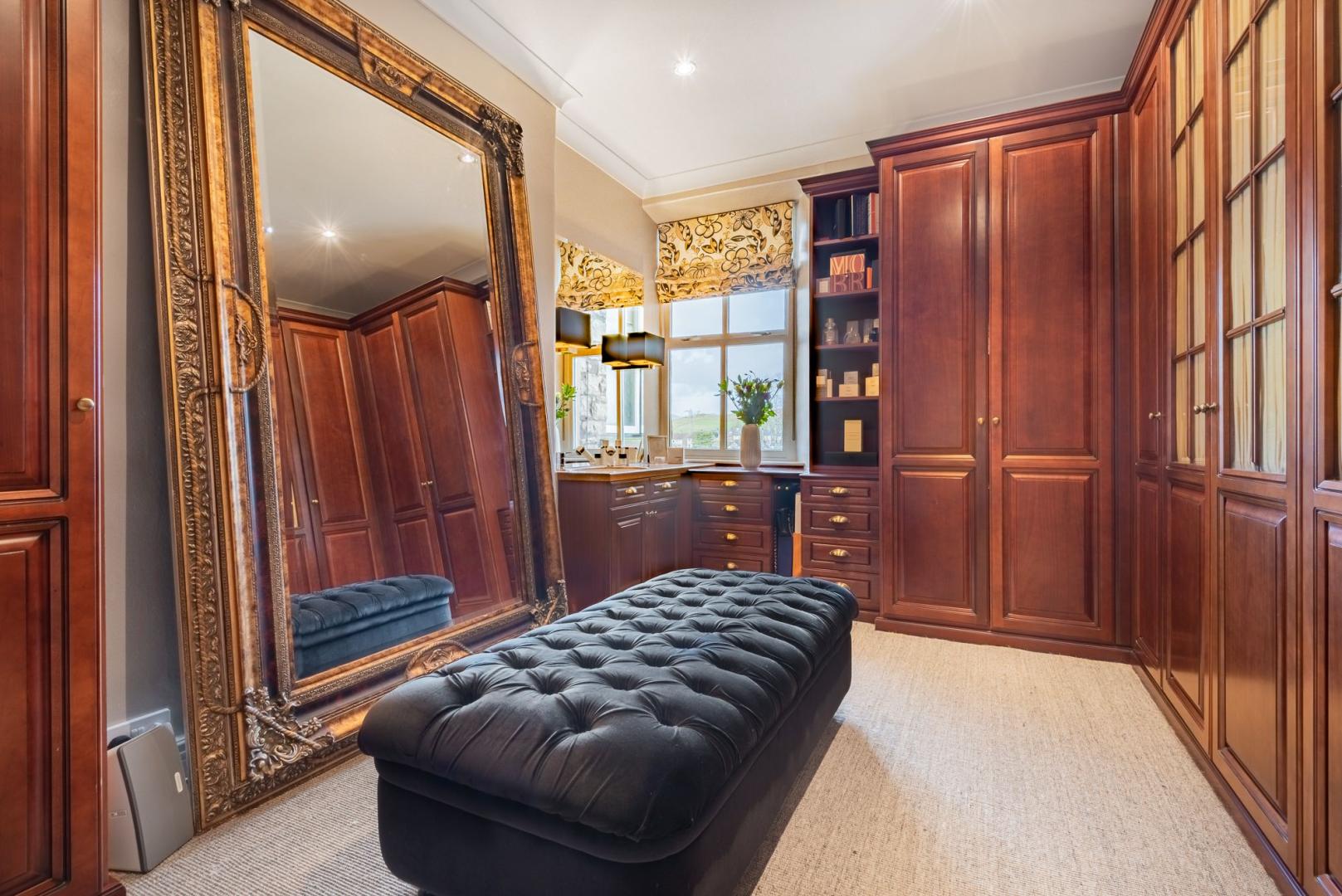
Avoid renting a storage unit
Renting a storage unit or garage seems like a good idea in theory, but these costs can quickly add up.
The main problem with storage units is that they encourage you to keep possessions and furniture that you don’t actually need.
What usually happens is that you place items in storage, only to get rid of them months later. Or, you may hold on to them for longer, paying storage unit fees for belongings you no longer use.
For these reasons, we highly suggest downsizing as much as possible before moving home, avoiding a storage unit if at all possible.
Make the downsizing process stress-free
Downsizing your home is a big step – but it can be liberating and enjoyable, and provides a change of scenery and lifestyle.
If you want to downsize your home but don’t know where to begin, or are struggling to find a new home to move into, then give us a call on 0161 647 7665 or email us at hello@cliffordsaunt.co.uk we’ll help you find your next home.


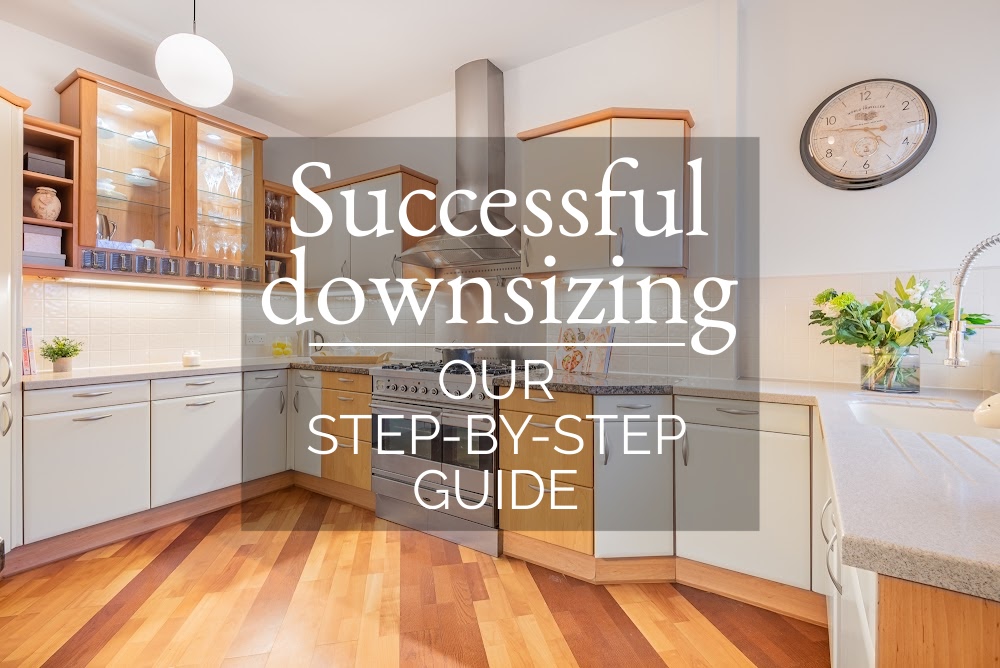
 5 minute read posted by
5 minute read posted by 

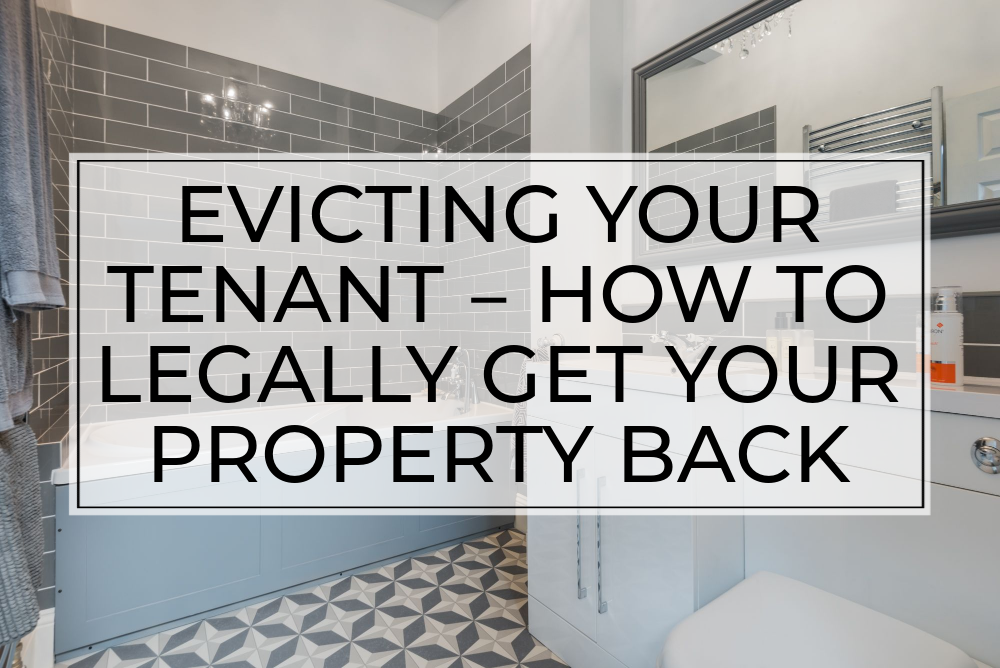

Share this with
Email
Facebook
Messenger
Twitter
Pinterest
LinkedIn
Copy this link